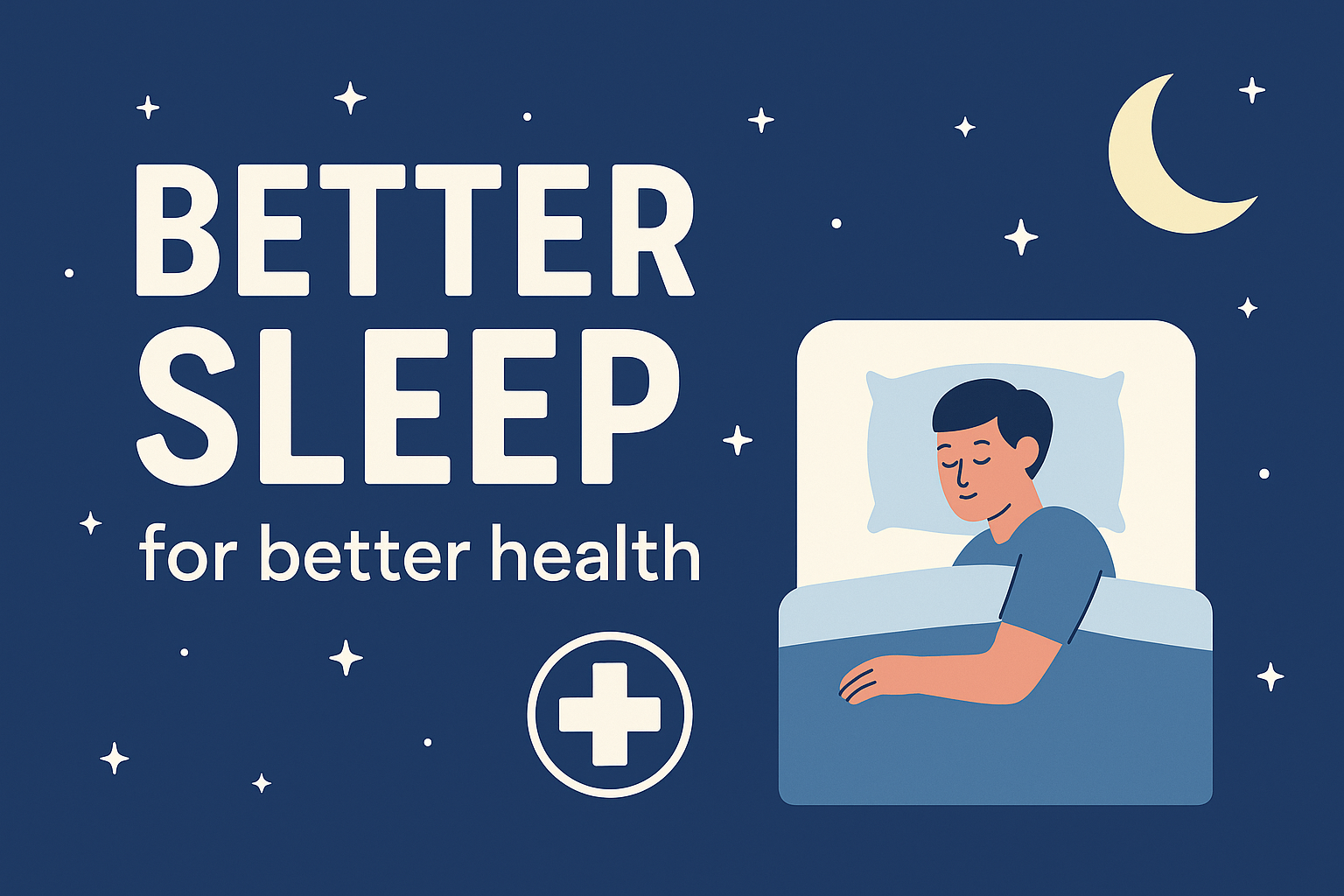
The Role of Sleep in Boosting Mental and Physical Health
Sleep is one of the most essential pillars of human health, yet it is often overlooked in modern lifestyles. While diet and exercise usually receive the spotlight, research consistently shows that sleep plays a critical role in maintaining both mental and physical well-being. In this article, we explore why sleep is so important and provide practical steps to improve your nightly rest.
Mental Health Benefits of Sleep
A consistent sleep routine helps regulate mood and cognitive function. During sleep, the brain consolidates memories, processes emotions, and clears toxins that accumulate throughout the day. Studies show that insufficient sleep can increase the risk of anxiety, depression, and difficulty concentrating. People who sleep well generally report higher levels of productivity, creativity, and emotional stability.
Physical Health Advantages
Sleep is also vital for the body’s physical recovery. During deep sleep, the body repairs tissues, builds muscle, and strengthens the immune system. Lack of quality rest has been linked to obesity, weakened immunity, high blood pressure, and even cardiovascular diseases. Athletes and active individuals often notice that performance improves significantly with better sleep, highlighting its importance for stamina and recovery.
The Science Behind Sleep Cycles
Our bodies operate on a circadian rhythm, an internal biological clock that tells us when to feel awake or tired. Disrupting this rhythm through irregular bedtimes, late-night screen time, or excessive caffeine intake can interfere with restorative sleep cycles. Maintaining consistent sleep patterns is crucial to ensuring your body completes enough deep and REM sleep stages.
Tips for Better Sleep
- Maintain a consistent schedule: Go to bed and wake up at the same time every day.
- Limit screen exposure: Reduce blue light from phones or TVs at least an hour before bedtime.
- Create a relaxing environment: Keep your room cool, dark, and quiet for optimal sleep.
- Avoid stimulants late in the day: Minimize caffeine and heavy meals before bedtime.
- Incorporate relaxation practices: Activities such as meditation, stretching, or reading can prepare your body for rest.
Conclusion
Sleep is not just rest — it is an active process that keeps your mind sharp, your body healthy, and your emotions balanced. By prioritizing sleep, you invest in your overall well-being. Improving your nightly rest may be the simplest yet most powerful step toward living a healthier and more fulfilling life.
Sleep and Health – Mayo Clinic
Leave a Reply